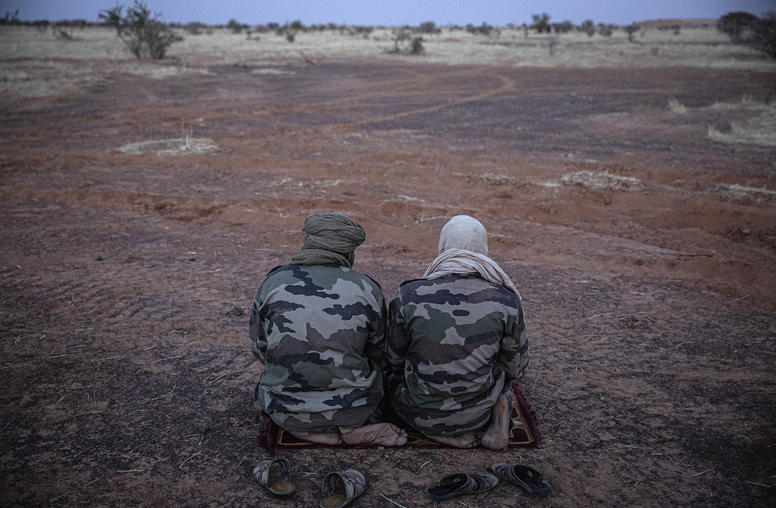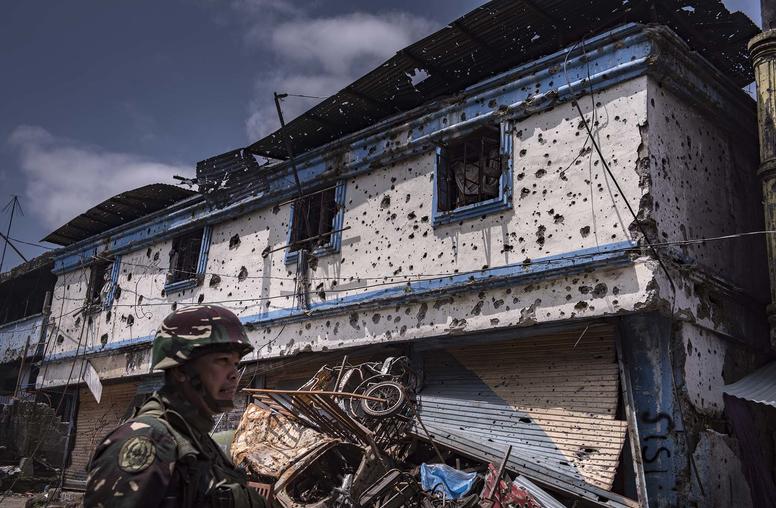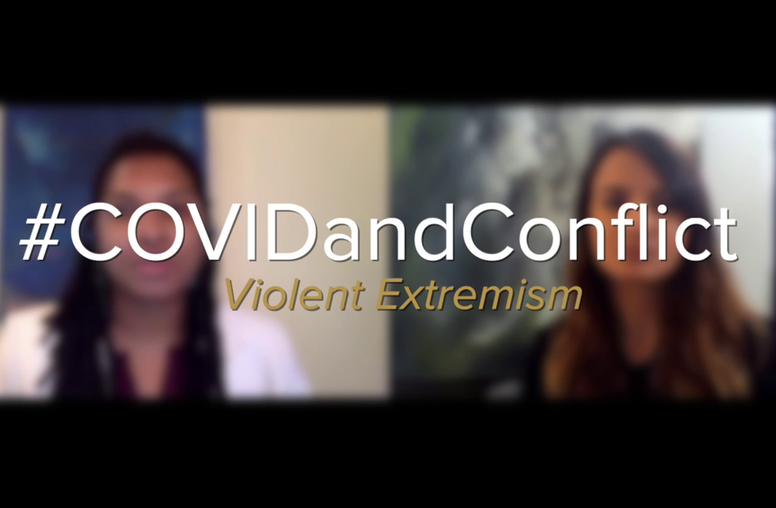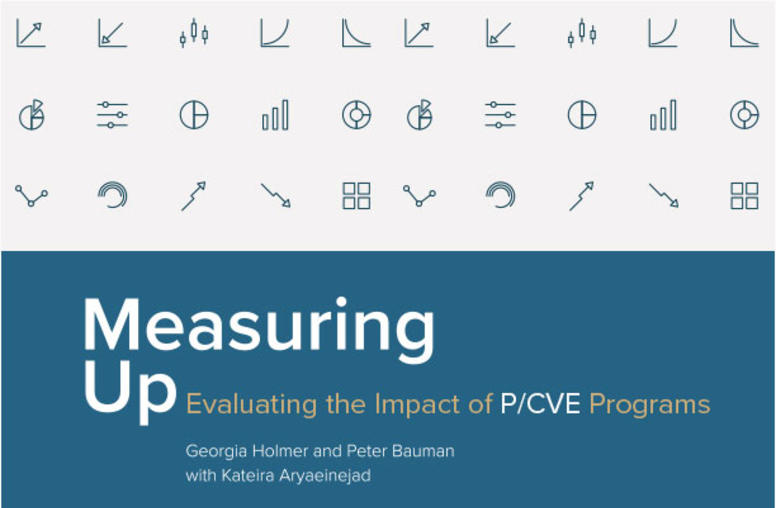Kateira Aryaeinejad
Contact
Please submit all media inquiries to interviews@usip.org or call 202.429.3869.
For all other inquiries, please call 202.457.1700
Kateira Aryaeinejad is a senior program officer at USIP. She serves as the managing lead for the RESOLVE Network, a global consortium of individual experts and organizations focused on better research, informed practice and improved policy on violent extremism housed at the Institute.
Prior to joining USIP, she focused on violent extremist and conflict-related dynamics, primarily in the Middle East and North Africa region. Aryaeinejad specializes in research on violent extremism, focusing on research processes, global and local dynamics, and connecting rigorous research to policy and practice. Her work has focused on topics ranging from the evolution of — and local support for — violent extremist groups and their narratives to peacebuilding and conflict dynamics in various regions around the globe. She has contributed to a number of publications on topics related to violent extremism, terrorism, conflict, governance and violence.
Aryaeinejad holds a master’s degree in international peace and conflict resolution with a concentration in international conflict management from American University’s School of International Service. She also holds bachelor’s degrees in political science and international studies from the University of Utah.



